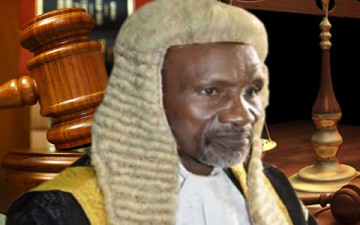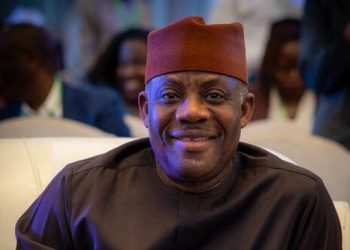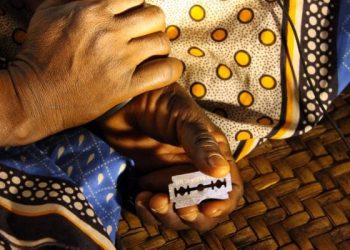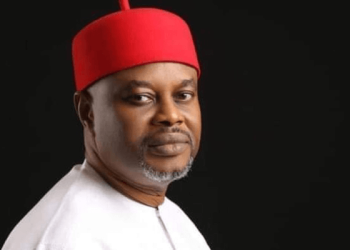At two different events within a period of one month, both President Muhammadu Buhari and the Chief Justice of Nigeria (CJN), Justice Mahmud Mohammed, spoke on the need for judges in Nigeria to uphold integrity in the discharge of their onerous responsibility. While the president spoke at the All Nigeria Judges Conference, Justice Mohammed gave the admonition while administering the oath of office on the 30 newly-appointed judges of the Federal High Court. It is our hope that there can be a sort of collaboration between the president and the CJN in the bid to cleanse the judiciary of the rot that has impacted greatly on the administration of justice in Nigeria.
The President, who was represented by Vice- President Yemi Osinbajo, SAN, spoke candidly about the problems in the bench. The president said: “in the past few years, this has become especially so for high-profile cases of corruption, especially where they involve serving or former political office holders. Even government’s attempts to recover such assets in accordance with the law are often faced with dilatory tactics by lawyers sometimes with the apparent collusion of judges. However, we discover that these tactics are often not directed at reaching any conclusion or affirming innocence or guilt, but at stalling trials indefinitely, thus denying the state and the accused person the opportunity of a judicial verdict. And this is the sentiment of the vast majority of Nigerians about the Nigerian judiciary.”
Also speaking on judicial corruption, the CJN said: “I wish to address the vexed issue of judicial corruption. This is because allegations about corrupt judicial officers and staff now make headline news on a more frequent basis. With each allegation that passes, the need is ever present for the judiciary to address this issue and I feel it necessary to once again do so. Although I will not hide away from the reality that some judges and judicial staff may be complicit in corrupt practices, however, I must assert that corruption within the judiciary is only imbibed by a minute minority.”
Over the years, there have been calls for total reform in the judicial system and we support this clarion call in order to instill integrity in judicial administration in Nigeria as well as enhance the image of the country in the eyes of international businessmen and investors. And there is no better time to do that than now.Against the foregoing background, we support the president as he calls on our judges to stop instances of delays or outright inaction in some high-profile corruption cases. As things stand, our country’s justice system has become notorious for delays, usually occasioned by a combination of endless adjournments, incessant interlocutory applications and overwhelming caseloads, a situation that breeds a huge disincentive for businesses.It is indeed not for nothing that Nigeria ranks near bottom on the ease of doing business index. The World Bank Group’s Enforcing Contracts Indicator currently ranks the country 143 out of 189 countries. But in pursuing its internal reforms, the judiciary must always remember that one of its key roles is the promotion of equity and social justice, and all persons are equal under the law.We believe that the reforms should be total and must take into consideration the need to clean up the systems and processes in the magistrate and district courts and all other lower courts across the country, which handle matters involving the poor and the less-privileged. The justice sector reforms must also seek to position and portray these courts as humane and efficient and must extend beyond the judiciary by reviewing laws, institutions, processes and procedures that inhibit speedy justice delivery. That way the country’s judiciary would be seen as making a great leap















































